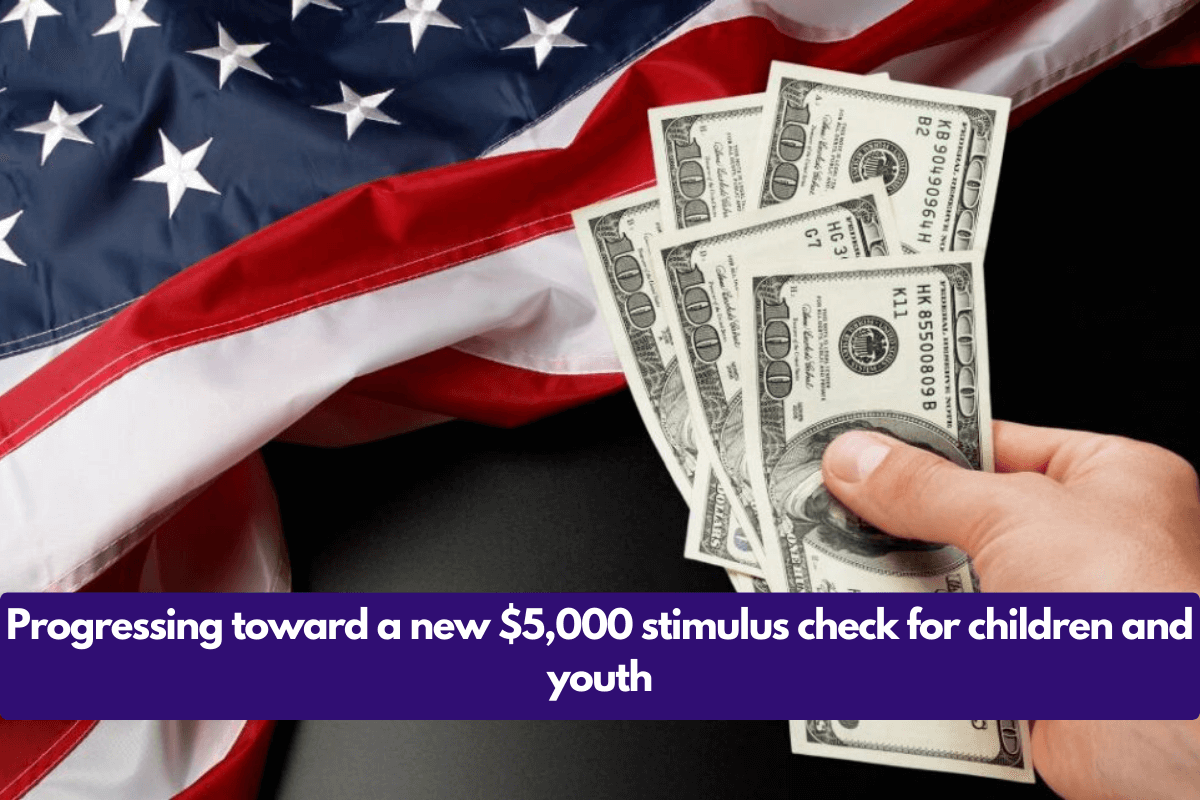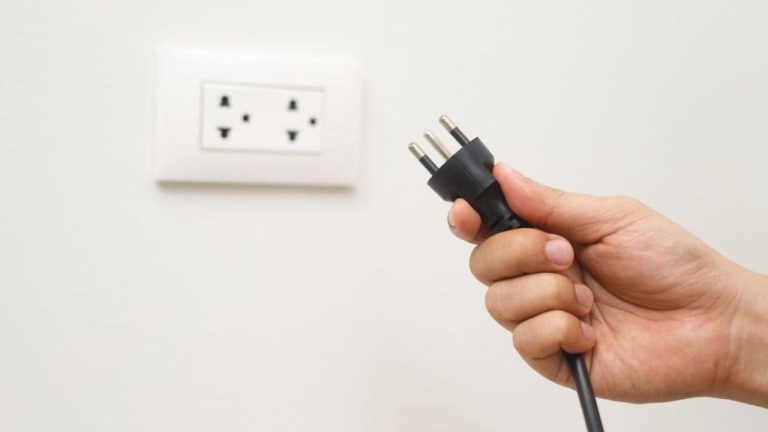The American Dream Accounts Act is a plan to help American kids, especially those from low-income families, get off to a good start in life financially. The idea is simple but big: every baby would get a $5,000 stimulus check when they are born.
The goal for this fund is to grow at a 10% annual interest rate, similar to how indexes like the S&P 500 have done in the past. If this bill passes, it will be a big step toward making things more fair for young people across the country.
Stimulus check for AmeriCorps youth?
When the beneficiaries turned 18 to 25, they could access these funds. They could use them for a variety of life goals, such as continuing their education, making a down payment on a house, starting a business, or just saving for when they are older and can live on their own.
But if the money isn’t claimed within that time frame, it will go back to the Department of the Treasury and be added to the national budget again.
This policy isn’t just meant to make people rich; it’s also meant to plant the seeds for a future where everyone can thrive, without having to worry about money issues that can get in the way of opportunities as a young adult.
The government wants to boost young people’s confidence by setting up this fund so they can focus on their own growth and development instead of worrying about money problems.
In addition to the general fund, the American Dream Accounts Act adds a special section for AmeriCorps members who are young adults. These individuals would be able to get up to an extra $10,000 in funding, as a reward for their service to the community.
AmeriCorps is a national service program that lets young people work on projects that help their communities, like teaching or responding to emergencies. By giving money to people who choose to spend their time making a positive difference in their communities, this bonus recognizes and encourages the spirit of service.
The AmeriCorps bonus does two things: it rewards young people who choose to serve, and it also makes the country more committed to volunteering and getting involved in the community.
This plan aims to create a culture where personal growth and civic duty go hand in hand by recognizing and supporting these efforts. This method gives participants a financial benefit, which could give them more choices as they plan their lives after their service is over.
Promoting financial education from school
The American Dream Accounts Act includes both financial help and educational opportunities. The Department of Education would make a specific program to teach students about money, investing, and starting their own businesses.
Young people could see how their accounts were doing through a mobile app. This helped them learn early on how investments and compound interest work.
The goal of this focus on financial literacy is to give young people the tools they need to make smart choices, which could help them avoid some of the common money problems that come with becoming an adult.
Learning how to handle money early on could be very helpful in a time when many young adults are having trouble with student loans, credit card debt, and not having enough saved.
Also, knowing about budgeting, saving, and investing would help young people be smart with their money when they do have it, which would make it more likely that they make choices that will help them succeed in the long run.
Many supporters say that teaching kids about money in school fills a gap in the current system of education. This set of skills isn’t taught in depth very often, even though it’s useful in almost every part of adult life. Kids who learn how to handle money as kids could have a strong base when they become adults, which would give them the confidence to go after their goals.
In the end, knowing how to handle money is just as important as getting financial aid. This helps make sure that the money spent on each child’s future pays off in the long run.
Phillips, who is sponsoring the bill, says that this idea is more than just a money fund because he wants everyone to be able to reach the American Dream.
He sees it as a real step toward keeping the promise to give every kid and young adult a real chance to reach the “American Dream.” Phillips sees the American Dream as more than just getting rich. He sees it as everyone’s chance to grow and succeed in a fair society.
This law is based on those values and aims to give young people a foundation that goes beyond the limits that economic inequality puts on them.
Phillips says, “Investing in our children is an investment in the future of our nation.” This shows how important the idea is. This bill shows that people believe in the value of freedom of choice and equal chances for everyone.
His words show that he thinks giving people power from a young age can help build a society that values and rewards initiative, responsibility, and ambition.
The Impact of Financial Literacy Education on Childhood Development
Being able to handle money well is an important life skill that should be taught from a young age. Children learn good money habits that will last a lifetime when they are taught about budgeting, saving, investing, and other important money ideas.
Key points to consider:
In the U.S., there are gaps in financial literacy based on race, gender, and income. These gaps are often caused by systemic inequality and a lack of access to financial education. Closing these gaps early can help even out differences in wealth.
Teaching kids about money when they are young can help them form good money habits, stay out of debt later on, have better overall financial health, and maybe even become interested in a career in finance.
As early as age 5, kids can start to form money habits, so it’s important to start giving them lessons that are right for their age right away. For example, you can teach them the basics of money by incorporating them into everyday activities and giving them chances to earn and manage money.
Some ways to improve financial literacy in schools are to include it in the lessons, get kids involved in extracurricular activities, teach parents how to help their kids learn at home, and work with banks to get resources and help.
Financial literacy programs for youth and community groups are being made by companies like Commercial Bank of California so that more people can learn this important information.
Read Also :- Tire manufacturer to shut down plant in Western NY, cut 1,550 jobs
Note: Thank you for visiting our website! We strive to keep you informed with the latest updates based on expected timelines, although please note that we are not affiliated with any official bodies. Our team is committed to ensuring accuracy and transparency in our reporting, verifying all information before publication. We aim to bring you reliable news, and if you have any questions or concerns about our content, feel free to reach out to us via email. We appreciate your trust and support!
ChiefsFocus is a dedicated news writer with extensive experience in covering news across the United States. With a passion for storytelling and a commitment to journalistic integrity, ChiefsFocus delivers accurate and engaging content that informs and resonates with readers, keeping them updated on the latest developments nationwide.






